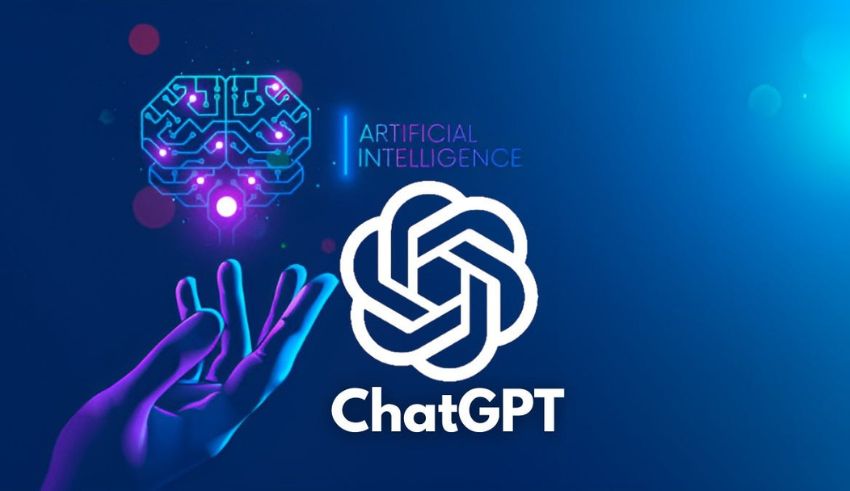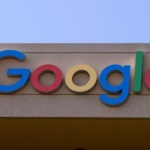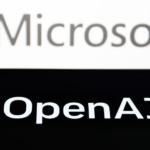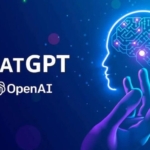
ChatGPT is a generative AI chatbot that can interact with users in a conversational way, and provide feedback, questions, and suggestions to help them learn and improve. ChatGPT is changing the way teachers and students learn in Singapore, by offering the following benefits:
- Enhancing self-directed learning: ChatGPT can enable students to learn at their own pace and level, and to take charge of their own learning goals and outcomes. ChatGPT can also help students to develop their metacognitive skills, such as self-awareness, self-regulation, and self-evaluation, by asking them reflective and probing questions, and by encouraging them to revise and review their work.
- Supporting differentiated instruction: ChatGPT can support teachers to cater to the diverse needs and abilities of their students, and to provide them with personalized and customized feedback and guidance. ChatGPT can also help teachers to differentiate their instruction, by generating different types of questions and tasks, and by adapting to the students’ responses and progress.
- Promoting collaborative learning: ChatGPT can promote collaborative learning among students, by facilitating peer feedback and discussion, and by creating opportunities for group work and projects. ChatGPT can also help students to develop their communication and social skills, by engaging them in meaningful and respectful dialogue, and by providing them with constructive and positive feedback.
However, ChatGPT also poses some challenges and risks for teachers and students, such as:
- Ensuring the quality and accuracy of the content: ChatGPT may not always generate accurate and reliable content, as it is based on a large corpus of text from various sources, which may contain errors, biases, or misinformation. Teachers and students need to verify and validate the content generated by ChatGPT, and to use other sources and references to cross-check and supplement the information.
- Preventing plagiarism and cheating: ChatGPT may tempt students to use it to write their assignments or essays, or to copy and paste its content without proper citation or acknowledgment. Teachers and students need to be aware of the ethical and academic implications of plagiarism and cheating, and to follow the rules and guidelines of academic integrity and honesty.
- Balancing the use and dependence on ChatGPT: ChatGPT may make students overly dependent on it, and reduce their motivation and effort to learn and think for themselves. Teachers and students need to balance the use and dependence on ChatGPT, and to use it as a tool and a companion, not as a substitute or a crutch, for learning and teaching.
The Adoption and Application of ChatGPT in Singapore
ChatGPT has been adopted and applied by several schools and institutions in Singapore, such as Manjusri Secondary School, Raffles Institution, Temasek Junior College, and the National Institute of Education. These schools and institutions have used ChatGPT for various purposes and subjects, such as English, Mathematics, Economics, and Science. Some of the examples of how ChatGPT has been used are:
- Manjusri Secondary School: The school has used ChatGPT to help students revise and improve their writing skills, by providing them with feedback and questions based on their drafts. The school has also used ChatGPT to help students learn about persuasive appeals, by generating examples and explanations for them.
- Raffles Institution: The school has used ChatGPT to help students practice and enhance their critical thinking skills, by challenging them with counter-arguments and alternative perspectives. The school has also used ChatGPT to help students explore and research on various topics and issues, by providing them with relevant and reliable sources and information.
- Temasek Junior College: The school has used ChatGPT to help students prepare and review for their examinations, by creating and solving mock questions and problems. The school has also used ChatGPT to help students learn and apply mathematical concepts and formulas, by explaining and demonstrating them with examples and diagrams.
- National Institute of Education: The institute has used ChatGPT to help teachers design and deliver their lessons and activities, by suggesting and generating learning objectives, outcomes, and materials. The institute has also used ChatGPT to help teachers assess and evaluate their students’ learning, by providing and scoring rubrics and criteria.
Keep Reading
The Future and Potential of ChatGPT in Singapore
ChatGPT has a bright and promising future and potential in Singapore, as it can be further developed and improved to suit the needs and demands of the education system and the society. ChatGPT can also be integrated and aligned with the national and global trends and initiatives, such as the 21st century competencies, the digital transformation, and the lifelong learning. Some of the possibilities and opportunities for ChatGPT in Singapore are:
- Expanding and diversifying the scope and content of ChatGPT: ChatGPT can be expanded and diversified to cover more subjects and topics, and to generate more types and formats of content, such as multimedia, interactive, and adaptive content. ChatGPT can also be customized and localized to suit the context and culture of Singapore, and to reflect its values and identity.
- Enhancing and optimizing the quality and accuracy of ChatGPT: ChatGPT can be enhanced and optimized to produce more accurate and reliable content, by using more and better data sources, by applying more and stricter quality checks, and by incorporating more and richer feedback and evaluation mechanisms. ChatGPT can also be updated and refined to keep up with the latest developments and changes in the world and in the curriculum.
- Extending and scaling the adoption and application of ChatGPT: ChatGPT can be extended and scaled to reach and benefit more schools and institutions, and more teachers and students, in Singapore, by providing more and easier access and support, by creating more and stronger partnerships and collaborations, and by raising more and higher awareness and appreciation.
ChatGPT is a generative AI chatbot that can change the way teachers and students learn in Singapore, by offering various benefits, such as enhancing self-directed learning, supporting differentiated instruction, and promoting collaborative learning. ChatGPT also poses some challenges and risks, such as ensuring the quality and accuracy of the content, preventing plagiarism and cheating, and balancing the use and dependence on ChatGPT.
ChatGPT has been adopted and applied by several schools and institutions in Singapore, for various purposes and subjects, such as English, Mathematics, Economics, and Science. ChatGPT has a bright and promising future and potential in Singapore, as it can be further developed and improved, and integrated and aligned, with the needs and demands of the education system and the society.
























